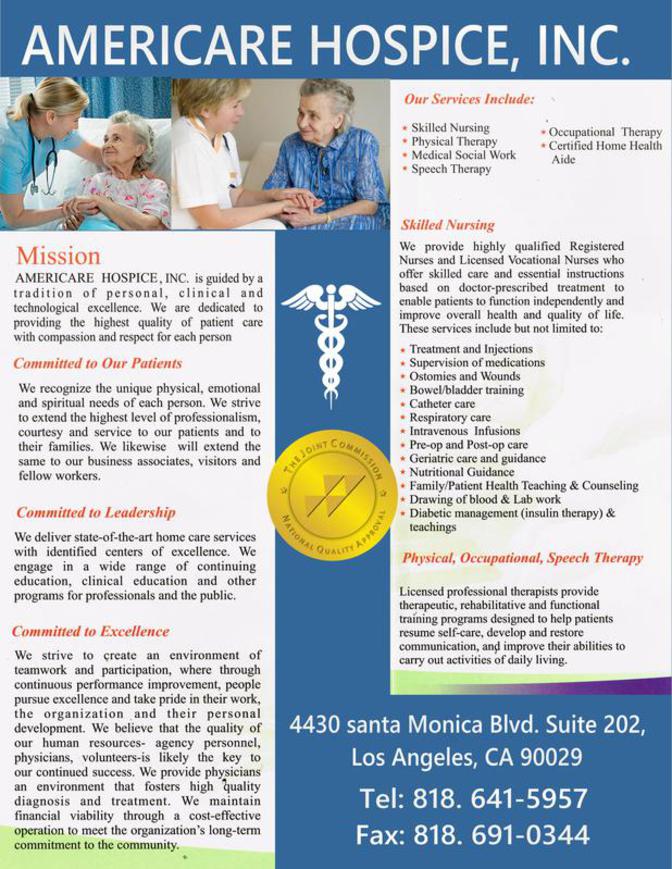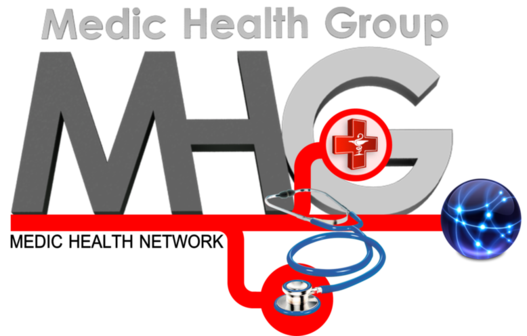Medic Health Group
Medic Health Network
Alcohol dependence
Alcohol dependence is a previous psychiatric diagnosis in which an individual is physically or psychologically dependent upon alcohol (also known formally as ethanol). In 2013 it was reclassified as alcohol use disorder (alcoholism) along with alcohol abuse in DSM-5.
Diagnosis
DSM: Alcohol dependence
According to the DSM-IV criteria for alcohol dependence, at least three out of seven of the following criteria must be manifest during a 12-month period:
Tolerance
Withdrawal symptoms or clinically defined alcohol withdrawal syndrome
Use in larger amounts or for longer periods than intended
Persistent desire or unsuccessful efforts to cut down on alcohol use
Time is spent obtaining alcohol or recovering from effects
Social, occupational and recreational pursuits are given up or reduced because of alcohol use
Use is continued despite knowledge of alcohol-related harm (physical or psychological)
ICD: Alcohol dependence syndrome
A chronic disease in which a person craves drinks that contain alcohol and is unable to control his or her drinking. A person with this disease also needs to drink greater amounts to get the same effect and has withdrawal symptoms after stopping alcohol use. Alcoholism affects physical and mental health, and can cause problems with family, friends, and work.
A disorder characterized by a pathological pattern of alcohol use that causes a serious impairment in social or occupational functioning.
A primary, chronic disease with genetic, psychosocial, and environmental factors influencing its development and manifestations. The disease is often progressive and fatal. It is characterized by impaired control over drinking, preoccupation with the drug alcohol, use of alcohol despite adverse consequences, and distortions in thinking, most notably denial. Each of these symptoms may be continuous or periodic. (morse & flavin for the joint commission of the national council on alcoholism and drug dependence and the american society of addiction medicine to study the definition and criteria for the diagnosis of alcoholism: in jama 1992;268:1012-4)
For most adults, moderate alcohol use is probably not harmful. However, about 18 million adult americans are alcoholics or have alcohol problems. Alcoholism is a disease with four main features:
craving - a strong need to drink
loss of control - not being able to stop drinking once you've started
physical dependence - withdrawal symptoms, such as nausea, sweating, or shakiness when you don't drink
tolerance - the need to drink greater amounts of alcohol to feel the same effect
alcoholism carries many serious dangers. Heavy drinking can increase the risk of certain cancers. It can cause damage to the liver, brain, and other organs. Drinking during pregnancy can harm your baby. Alcoholism also increases the risk of death from car crashes, injuries, homicide, and suicide.if you want to stop drinking, there is help. Start by talking to your health care provider. Medicines, counseling, and support groups may help you to stop drinking. nih: national institute on alcohol abuse and alcoholism
Temporary mental disturbance marked by muscle incoordination and paresis as the result of excessive alcohol ingestion.
Other alcohol-related disorders
Because only 3 of the 7 DSM-IV criteria for alcohol dependence are required, not all patients meet the same criteria and therefore not all have the same symptoms and problems related to drinking. Not everyone with alcohol dependence, therefore, experiences physiological dependence. Alcohol dependence is differentiated from alcohol abuse by the presence of symptoms such as tolerance and withdrawal. Both alcohol dependence and alcohol abuse are sometimes referred to by the less specific term alcoholism. However, many definitions of alcoholism exist, and only some are compatible with alcohol abuse. There are two major differences between alcohol dependence and alcoholism as generally accepted by the medical community.
Alcohol dependence refers to an entity in which only alcohol is the involved addictive agent. Alcoholism refers to an entity in which alcohol or any cross-tolerant addictive agent is involved.
In alcohol dependence, reduction of alcohol, as defined within DSM-IV, can be attained by learning to control the use of alcohol. That is, a client can be offered a social learning approach that helps them to 'cope' with external pressures by re-learning their pattern of drinking alcohol. In alcoholism, patients are generally not presumed to be 'in remission' unless they are abstinent from alcohol.
The following elements are the template for which the degree of dependence is judged:
Narrowing of the drinking repertoire.
Increased salience of the need for alcohol over competing needs and responsibilities.
An acquired tolerance to alcohol.
Withdrawal symptoms.
Relief or avoidance of withdrawal symptoms by further drinking.
Subjective awareness of compulsion to drink.
Reinstatement after abstinence.
Email:medichealthgroup@gmail.com
Special THANKS
To Our Sponsors
Special THANKS To Our Sponsors





